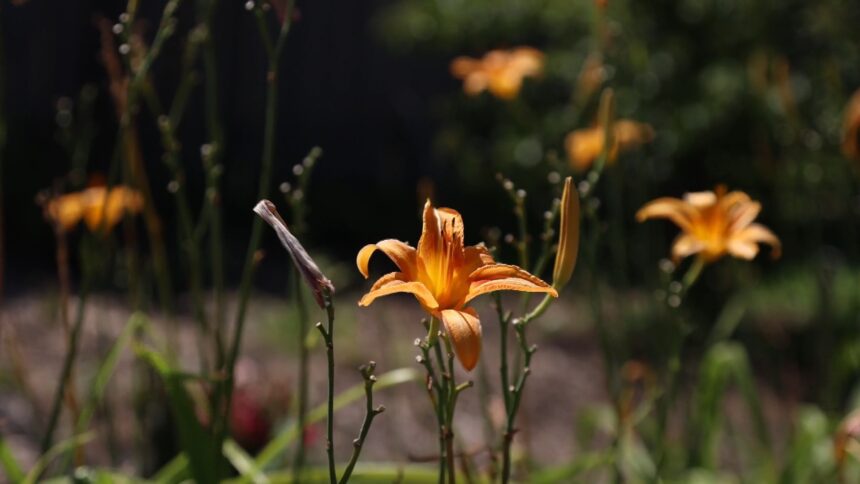St. Joseph on doorstep of new composting ordinance

ST. JOSEPH, Mo. (News-Press NOW) -- Members of a local committee are aiming to spur new growth in the recycling of organic material with the help of a revised measure months in the works.
City Council members will vote to amend the city's code and ordinances at their next meeting on March 31 to update various regulations for composting on private property.
An increasingly popular practice, composting is the managed process of recycling organic matter, such as leaves and certain food scraps, into a natural fertilizer that helps enrich soil for gardening, horticulture, and agriculture.
"The way we designed the new ordinance is so that ideally, there's almost no one who can't have access to composting," said Jacob Anderson, who developed the ordinance. "We worked really hard, within the limits that were set by the city, to make sure that smaller yards and even apartments should have access."
If authorized, the ordinance would expand the city's regulations to allow widely accepted composting materials like fruits, vegetable scraps, coffee grounds and other organic matter. The ordinance also adjusts regulations on the size and location of composting bins relative to the homeowner and adjacent property owners.
“Citizens will now have easy access to a great way of recycling a lot of things that we use on a daily basis ... eggshells, coffee grounds and the cardboard are some of the ones I'm excited about,” he said. “You can get away with some other cooked foods, but the minute you start getting into oils and fats and meats and stuff like that, it gets a little iffy."
If passed, residents would be prohibited from composting items such as meat, fish and refined oils and fats to prevent the attraction of rodents and pests. Composting piles are to be well maintained in a bin -- which can vary depending on property size -- to ensure no foul or unpleasant odors affect other property owners.
Anderson described current regulations, which are limited to dry leaves, grass and woodchips, as more of a mulch ordinance and less geared toward composting. Anderson said residents can find a surplus of information online to assist getting started, including tips for bin sizes and compost ratios.
"The other thing is that it does take a little bit of time for that stuff to break down. You can speed that up if you get your composting ratios just right," he said. "Get two-thirds dry brown material (grass trimmings or leaves) and one-third scraps from your kitchen, your green materials."
Composting also provides additional benefits as a sustainable method of waste management by reducing waste at landfills like the St. Joseph Sanitary Landfill, which has dealt with notable capacity concerns in recent months.
Including yard trimmings, food and organic material make up the majority (51%) of municipal solid waste going into landfills, according to the Environmental Protection Agency. Only 5% of waste food is composted.
“Increased soil nutrition, reduced landfill input and reduced rainwater runoff," he said of the benefits of composting. “When you add compost to your lawn, it actually increases by several percentages the amount of water retention that it has."
A workshop at 10 a.m. on Saturday, May 17, at the Center for Joy at 1202 Felix St. will help residents through the process of starting a compost setup.
Additional information on composting can be found on the EPA's website at www.epa.gov/recycle/composting-home
A copy of the ordinance can be viewed below:




